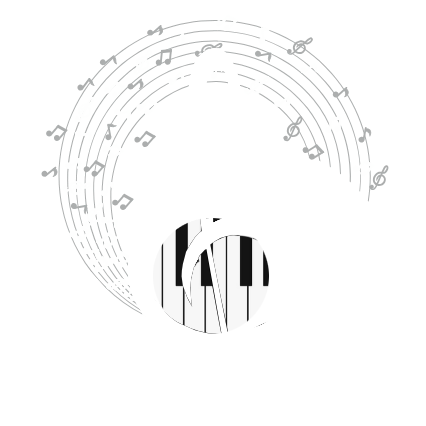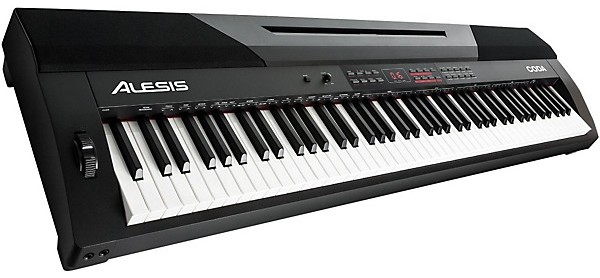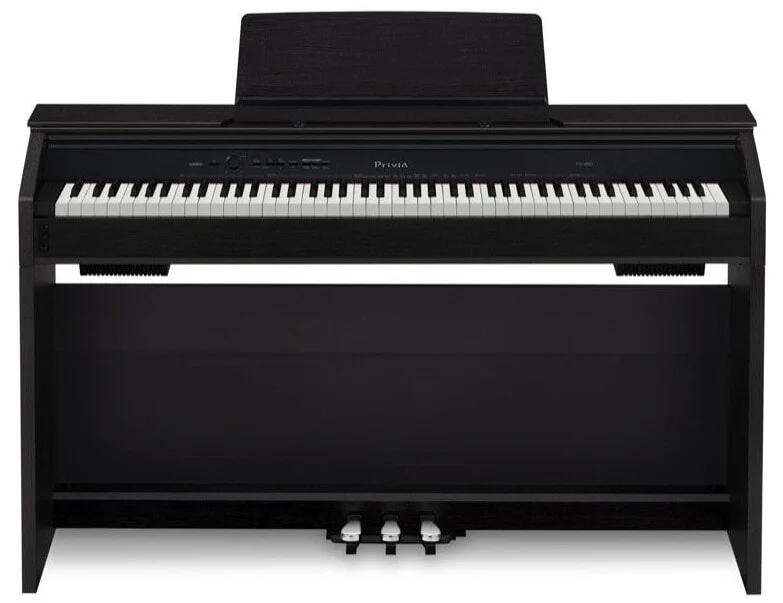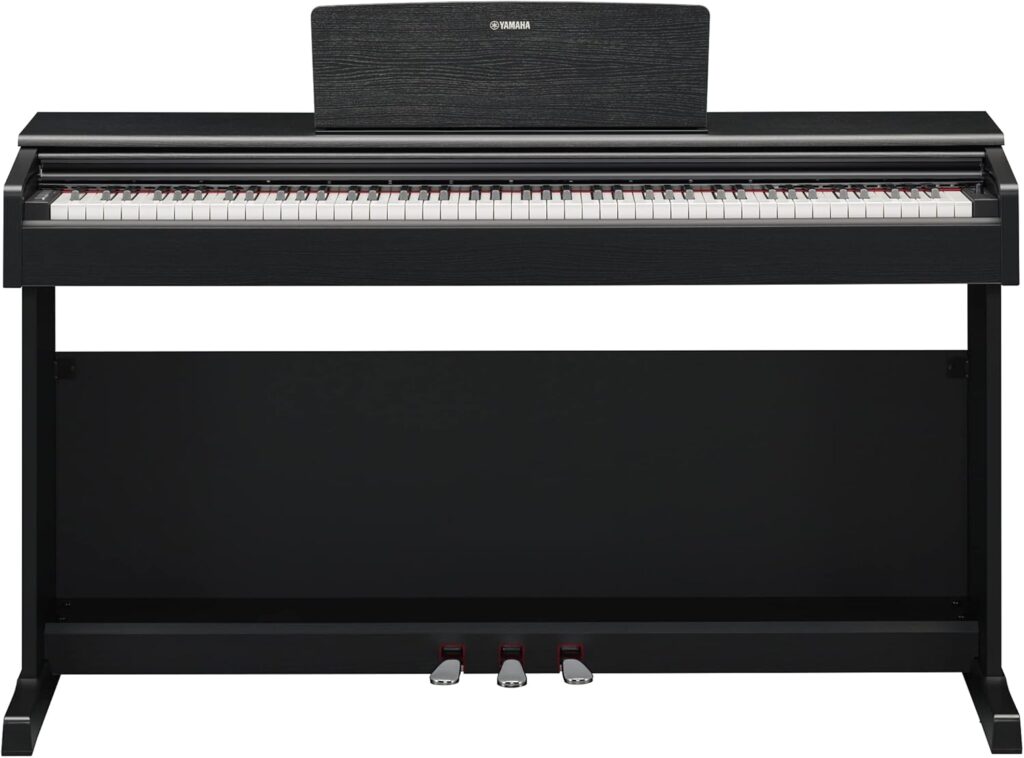Start with How You Plan to Use the Piano
Are You Learning Classical or Playing for Fun?
If you’re diving into classical music, 88 keys is the standard—it matches the full range of a real acoustic piano. But if you’re just getting started, playing pop songs, or exploring casually, 61 keys can be a practical and budget-friendly option.
Beginner or Long-Term Pianist?
For total beginners, 61 keys may be enough to learn hand placement, basic songs, and finger exercises. But if you plan to stick with piano for the long haul, an 88-key model will grow with you.
Understand the Difference in Key Count
61 Keys: A Smaller Range
You get five octaves, which is plenty for basic melodies, chords, and beginner-level music. These models are often more compact and lighter—great for kids or small spaces.
88 Keys: The Full Experience
This is the standard for acoustic pianos, giving you seven full octaves. It’s required for most classical repertoire and helps with hand expansion and advanced technique.
Consider Key Size and Weight Too
Weighted Keys Are More Important Than Just the Number
A 61-key keyboard with unweighted keys feels like a toy compared to an 88-key model with weighted action. Key feel matters just as much as key count—especially for building good habits.
Many 88-Key Models Offer Graded Hammer Action
This means the lower keys feel heavier and the upper keys feel lighter—just like on a real grand piano. It trains your fingers for accurate control and musical expression.
Portability and Space May Affect Your Choice
61-Key Keyboards Are Travel-Friendly
If you need to move your keyboard often or practice in a small space, 61-key models are much easier to manage. They’re lighter, slimmer, and easier to store.
88-Key Digital Pianos Are Bulkier
While still portable compared to acoustic pianos, 88-key models take up more room and usually require a stand or dedicated spot in your home.
Budget Can Be a Deciding Factor
61-Key Models Are More Affordable
You can often find a decent 61-key keyboard under $200. They’re great for beginners testing the waters or young kids just getting started.
88-Key Models Offer More Value Over Time
Though pricier, 88-key models last longer through your learning journey and reduce the need to upgrade later. Entry-level weighted digital pianos start around $400–$700.
Which One Do Teachers Recommend?
Most Piano Teachers Prefer 88 Keys
They align with proper technique, dynamic control, and full-range music. If you’re taking formal lessons, an 88-key instrument with weighted action is usually the way to go.
61 Keys Can Still Be a Good Starting Point
For very young beginners or those unsure about commitment, a 61-key keyboard is a safe and cost-effective way to get started.
Conclusion: Choose What Fits Your Goals, Not Just the Specs
If you’re serious about piano, want to take lessons, or plan to play more advanced music, go for 88 keys. If you’re exploring casually, short on space, or buying for a child, 61 keys can do the job—for now. The best piano is the one that encourages you to sit down, enjoy the music, and keep learning.
FAQs
1. Can I learn piano properly on a 61-key keyboard?
Yes—for the basics. But as your skills grow, you’ll eventually need more keys to play full pieces and use both hands effectively.
2. What’s the biggest limitation of a 61-key keyboard?
Limited range. You’ll run out of notes for complex songs, especially classical or advanced pop pieces.
3. Do all 88-key pianos have weighted keys?
No. Some budget 88-key models use semi-weighted or even unweighted keys. Always check for “graded hammer action” or “fully weighted keys” in the specs.
4. Is it harder to learn on 88 keys than 61?
Not really. The size difference is manageable—and learning with 88 keys can prevent bad habits and reduce the need to relearn later.
5. Should kids start with 61 or 88 keys?
Younger kids often start with 61 keys due to size and weight. But if they show strong interest, upgrading to 88 keys early is a smart move.



